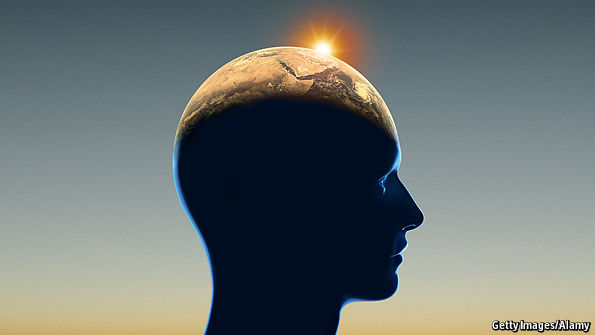闻

新闻中心
NEWS
Clear thinking needed
来源:http://www.economist.com/news/leaders/21679193-global-warming-cannot-be-dealt-using-todays-tools-and-mindsets-so-create-some-new
|
作者:Econmist
|
发布时间: 2015-11-27
|
1402 次浏览
|
分享到:

IN SOME ways, the climate talks that begin in Paris on November 30th will show world leaders at their best. Taking a break from pressing issues such as terrorist threats and stuttering economies, they will try to avert a crisis that will pose its gravest risks long after they have left office. It is the opposite of the myopic thinking that is often said to afflict politics. A pity, then, that politicians have set themselves an impossible task, and that they are mostly going about it in the wrong way.
That climate change is happening, that it is very largely man-made and that it is exceedingly dangerous, are all now hard to deny (though America’s leading Republican presidential candidates routinely try). This year will all but certainly be the hottest since 1880, when NASA’s records begin. If so, 2015 will break a record that was set only in 2014. Every single year so far this decade has been hotter than every single year before 1998 (see article).
The wind turbines and solar panels that are spreading across Europe, America and China are barely restraining carbon-dioxide emissions. Since the turn of the century, global energy has become more, not less, carbon intensive. Coal now supplies 41% of the world’s electricity and 29% of the world’s energy—a bigger share than at any time in at least four decades. The atmospheric concentration of carbon dioxide is 40% higher than it was at the beginning of the industrial revolution.
A terrible two
The presidents and prime ministers who gather in Paris will insist that global warming must be halted before the world becomes 2°C (3.6°F) hotter than it was in pre-industrial days. That is what they have said for years but, considering the momentum behind climate change, this target is as unrealistic as it is arbitrary. If annual greenhouse-gas emissions remain at the present level, enough pollution will enter the atmosphere in just 30 years eventually to warm the world by two degrees.
Greens say that the target is a rallying point—that it is useful because it inspires action, and action, once under way, will inspire yet more action in a virtuous circle. If only world leaders would stiffen their spines and promise even more green energy, they argue, disaster could be averted. But this drastically understates the challenge. The parts of the planet that have become rich have done so by tapping a vast store of fossil energy with feckless, if understandable, abandon. For the rest of the world to join them over the century ahead, and then for all concerned—as well as the planet’s non-human inhabitants—to flourish in the centuries that follow, will take a lot more than just a big expansion of existing renewable technologies.




